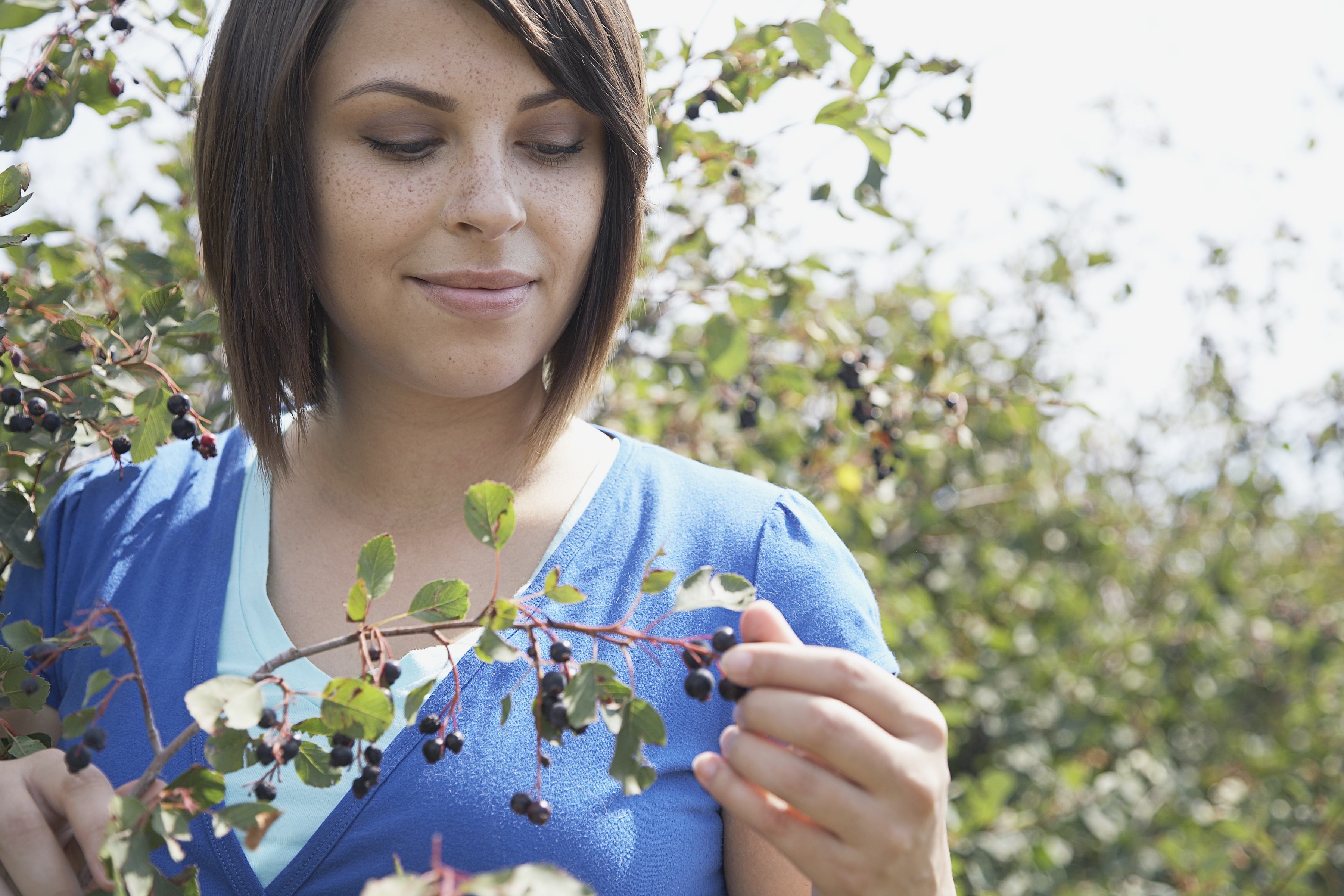
One in 20 people will experience anxiety at some point in their lives. Most likely, each person will have different causes for their set of symptoms, whether it’s fear, sleeping issues, trembling, poor concentration or other symptoms of anxiety.
A variety of aliments can generate anxious feelings, such as your:
• mind-body connection or body chemistry (perhaps, anxiety is genetic),
• past experiences (trauma or how your parents dealt with stress, influence how you handle stressful situations), and
• current environment and lifestyle (such as media, stressful work or home environment).
Typically, patients will turn to counseling and medication, which are known to help symptoms. But I would also suggest taking a look at your diet and lifestyle. Nutrition is known to help manage anxiety.
Healthy Diet to Reduce Anxiety
In order to implement change, start paying attention to what you put in your body. For two or three weeks, an elimination diet may help you examine what foods cause anxiety.
Notice if certain foods increase your anxiety, if you crave certain foods or rely on these foods as “comfort foods” when you’re anxious. After eliminating foods for some time, reintroduce them to your diet. If anxious symptoms come back, you know that the food may have been part of the issue.
What kind of food should you eliminate? First, eliminate alcohol and tobacco. Tobacco increases anxiety; and while it may seem like alcohol decreases anxious feelings, long term use can make it worse. Wean yourself off caffeine as well. Caffeine tends to increase anxious feelings. If you experience a caffeine-headache, know that it’ll subside within a few days.
Try a low-sugar diet. Within a few hours of eating, some notice greater anxiety because their blood sugar levels drop. To combat this, try eating multiple small meals that include proteins and whole grains. Simple carbohydrates, such as white breads, donuts and pastries, worsen sugar level imbalances.
The best lifestyle change is a whole foods diet—rich in fruits, vegetables, protein, natural sources of calcium and no processed foods. Not only will this diet improve health and, in turn, reduce anxiety, it’ll remove the need for vitamin supplements, such as vitamin B or vitamin C, as you’ll be getting these vitamins naturally from your diet. The only exception is vitamin D, especially during the winter months. Talk to your health care provider about the right dosage.
Other natural examples to reduce anxiety include:
• Breathing Exercises: In a chaotic moment, this gives you time to focus on one thing. Try counting to five on an inhale and exhaling for a count of five. Another well-liked method is 4-7-8. Inhale through your nose and exhale out your mouth. Inhale and count to four. Hold your breath to a count of seven and exhale at a count of eight.
• Yoga, Tai chi—exercise in general.
• Meditation: Practice tuning the world out and looking inward.
• Media fasts: News influences anxiety more than you realize. For a certain length of time, a week or so, reduce your contact with media.
• Time in nature can be relaxing.
• Set a sleep schedule.
Anxiety doesn’t have to disrupt your life. Try these natural approaches and talk to your health care provider for the best treatment option for you.